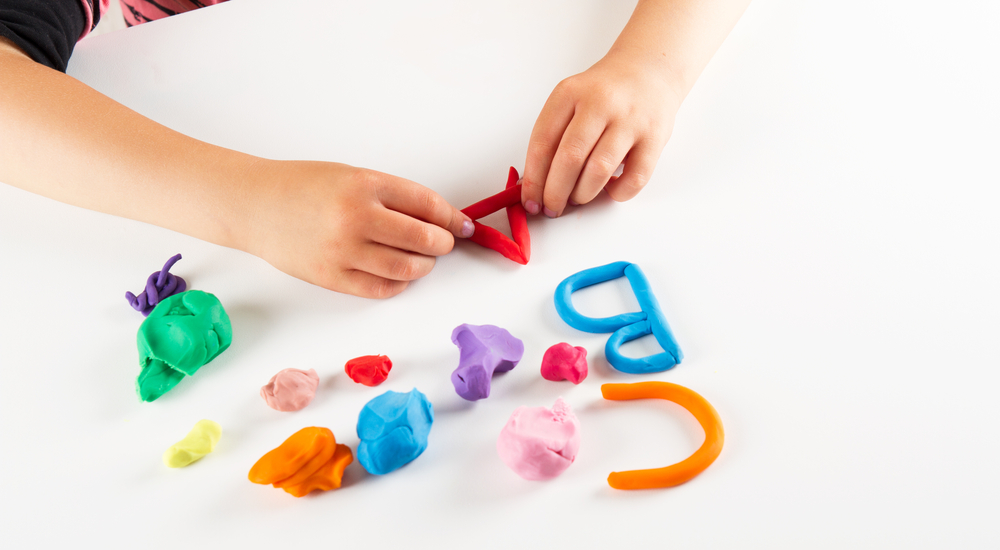Reading Skills Writing Worksheets for Ages 3-4
5 filtered results
-
From - To
Unlock the magic of reading for your preschooler with our "Reading Skills Writing Worksheets for Ages 3-4". Designed to spark interest and build a solid foundation, these engaging activities blend fun with learning. Each worksheet introduces basic reading concepts, guiding young learners through letter recognition, phonics, and simple word formation. Perfectly tailored for ages 3-4, these printable worksheets also develop fine motor skills and foster early literacy. Together, let's turn each worksheet into a stepping stone towards your child’s reading success. Download now to give your little one an exciting head start on their reading journey!
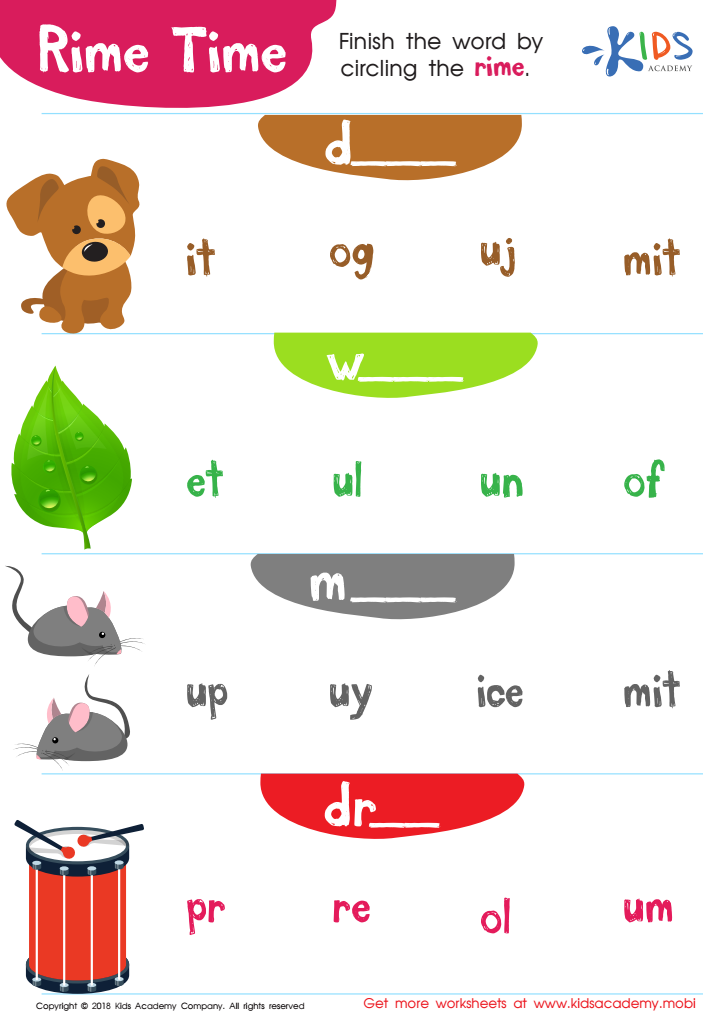

Rime Time Worksheet
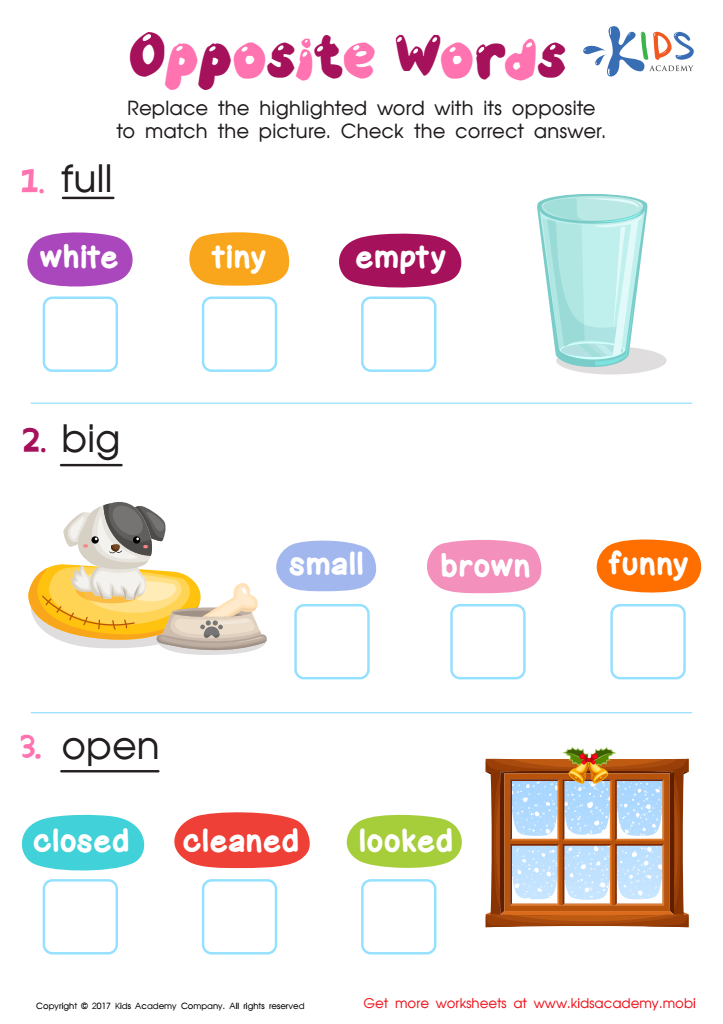

Opposite Words Worksheet
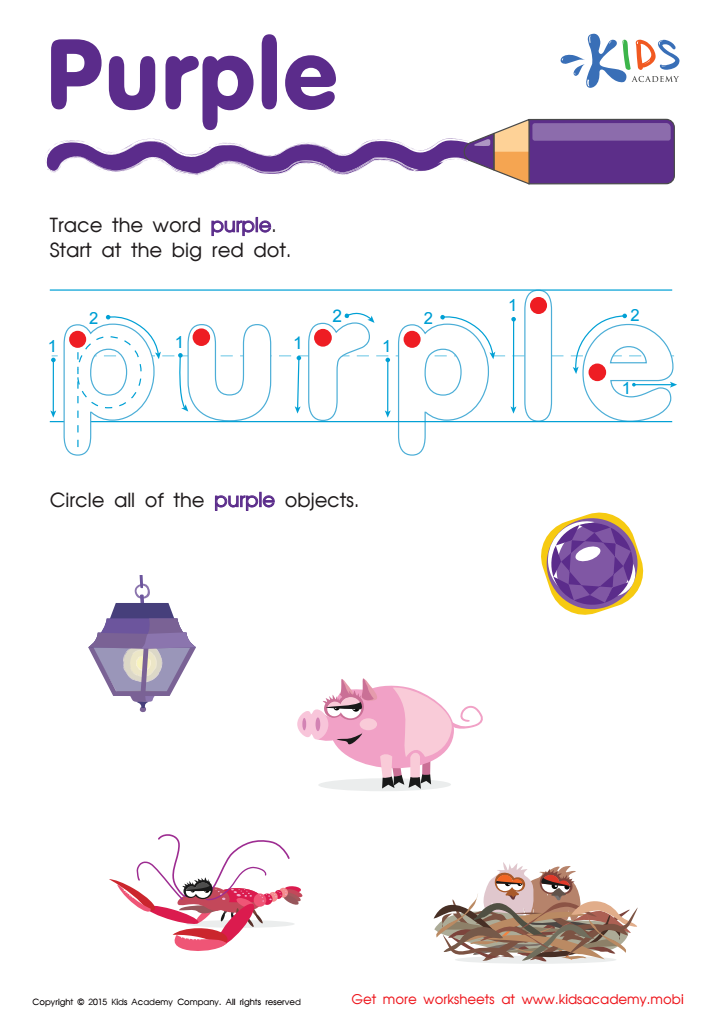

Purple Tracing Color Words Worksheet
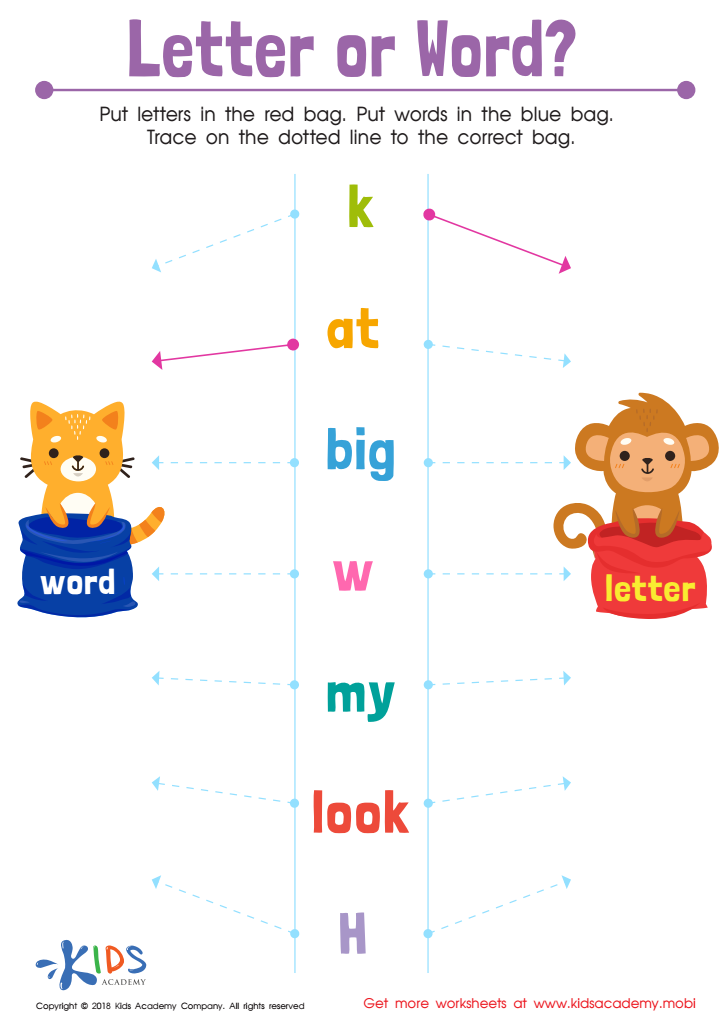

Letter or Word? Worksheet
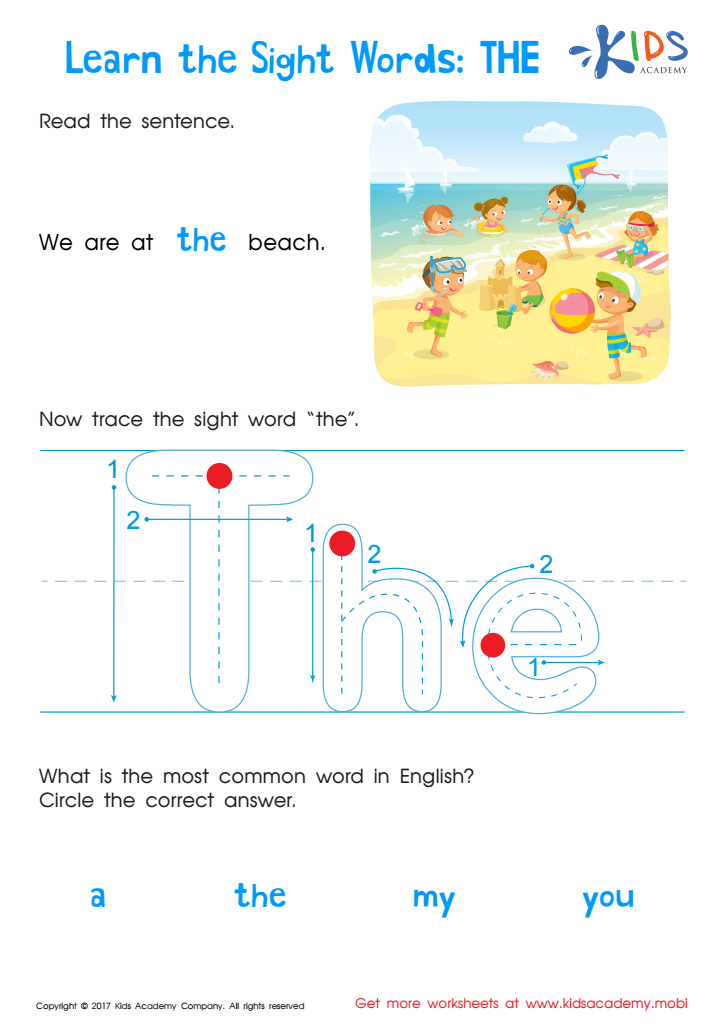

Sight Words: The Worksheet
Parents and teachers should prioritize reading and writing skills for children ages 3-4 because these foundational skills are critical to their lifelong learning and development. At this age, children's brains are remarkably receptive to new information, and early literacy activities lay the groundwork for academic success and cognitive growth.
Reading skills enhance vocabulary, comprehension, and communication abilities, allowing children to better understand and interact with the world around them. Engaging with books at an early age fosters a love for reading, stimulates imagination, and helps develop concentration and listening skills.
Similarly, writing skills, though rudimentary at ages 3-4, are essential in expressing thoughts and emotions, developing fine motor skills, and understanding letter and word formation. Early writing exercises, such as doodling or tracing letters, pave the way for future literacy skills and academic achievements.
Together, reading and writing introduce children to the essentials of language and narrative structure, promoting critical thinking and creativity. Parents and teachers, by focusing on these skills, provide children with a solid educational foundation, boosting their confidence and preparing them for more complex learning tasks in the future. Ignoring these developmental windows can lead to challenges in later schooling years, making early intervention and encouragement crucial.
 Assign to My Students
Assign to My Students








